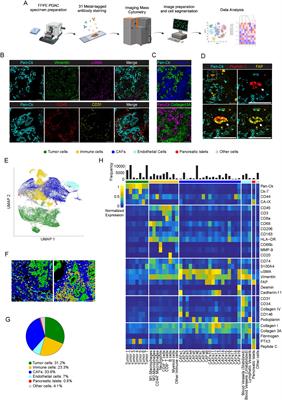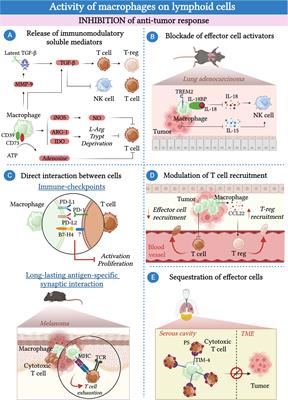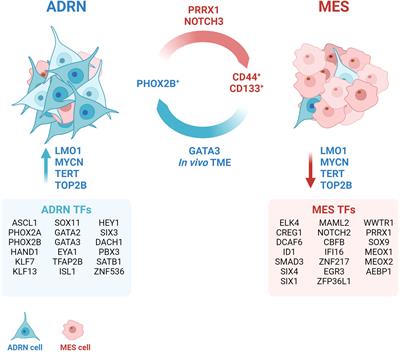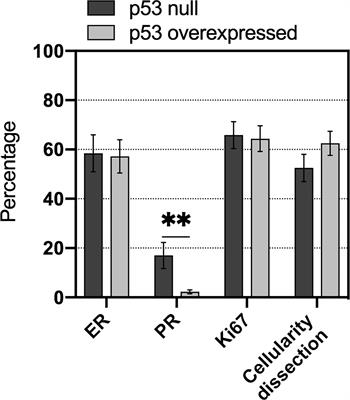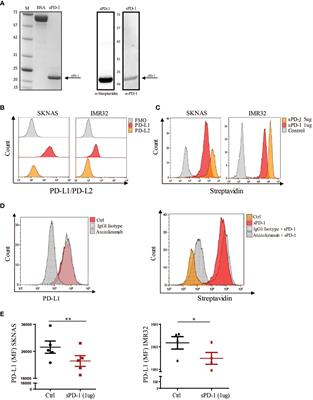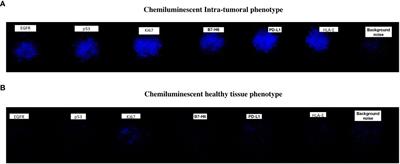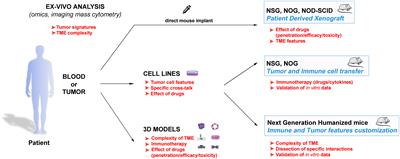ORIGINAL RESEARCH
Published on 20 Dec 2024
Elevated Galectin-3 levels in the tumor microenvironment of ovarian cancer – implication of ROS mediated suppression of NK cell antitumor response via tumor-associated neutrophils
doi 10.3389/fimmu.2024.1506236
- 951 views
